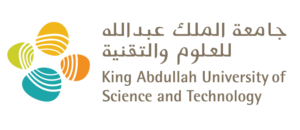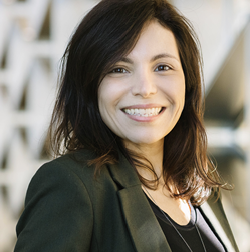Marine Science
Safe steps for using probiotics to revive biodiversity
Time is running out, say researchers who are proposing a framework to guide the safe use of microbes to restore global biodiversity loss.
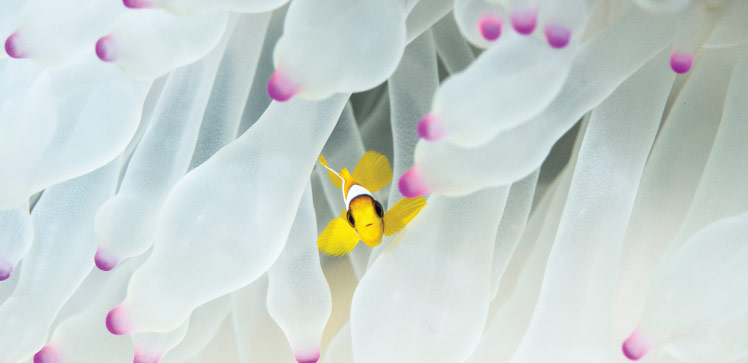
“Anthropogenic impacts have been causing the rapid decline of key ecosystems that are central to supporting our livelihoods,” warns KAUST marine scientist Raquel Peixoto.
“Restoring beneficial bacteria provides an emerging tool to improve wildlife health and resilience,” she says. “If successful, this option could reboot healthy microbiomes and protect key and sensitive symbiotic relationships between hosts and their associated microbes.”

Marine scientists hope that the application of probiotics will make marine organisms more resilient in the face of threats such as climate change and pollution.
© 2022 KAUST; Morgan Bennett Smith.
Although the application of “probiotics” has proven beneficial for treating some human, crop and aquaculture diseases, their wider use within ecosystems and wildlife has not been extensively explored. Regulations vary worldwide on how to assess probiotic safety and conversations are needed around the ethics of their more widespread use.
Peixoto is the founder and co-chair of the Beneficial Microbes for Marine Organisms (BMMO) network, which held a roundtable discussion on this topic at the 15th Symposium on Bacterial Genetics and Ecology in Lisbon, Portugal, in 2019.
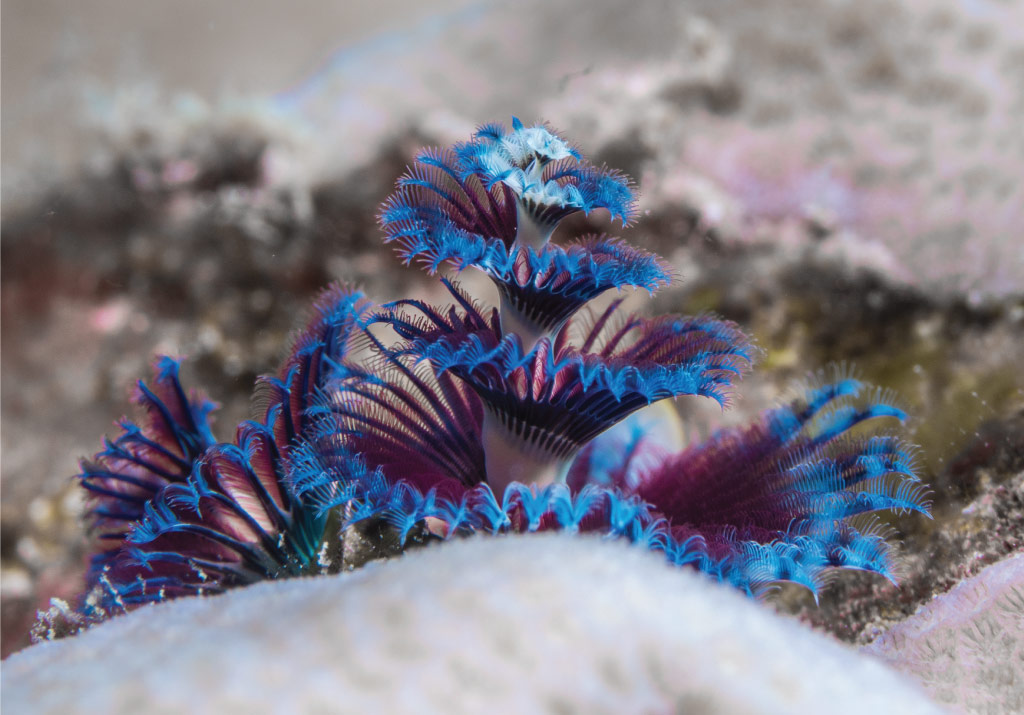
The team of international researchers led by Raquel Peixoto has developed a science-based tool to guide scientists and stakeholders through the fight against biodiversity loss.
© 2022 KAUST; Morgan Bennett Smith.
The roundtable emphasized the urgency for developing a framework that clearly evaluates the need for microbiome stewardship: the monitoring and restoration of microbes associated with organisms and ecosystems towards a healthy, rather than a pathogenic, state. Together, an international team of leading experts in microbial ecology, microbiome manipulation, environmental management and bioethics discussed, evaluated and brainstormed to design a science-based and flexible framework that could help accelerate responsible research and development of microbiome stewardship.
The recently published framework outlines steps that could ultimately be taken to administer probiotics to wildlife.
The first step involves conducting initial assessments of the problems that need to be addressed, including understanding the biology of the targeted species, examining existing alternative treatments and weighing the risks of inaction against the benefits of taking action.
Next, appropriate probiotic strains are chosen. Known pathogenic strains must be excluded while the use of native, abundant symbiotic species should be prioritized.
The effective dosage and delivery system needs to be determined, with factors considered such as shelf life, storage, handling and dispersion when applied to surfaces.
Finally, probiotic application should be recommended for full in-field assessment if the benefits for the target organism are deemed to be greater than the risks to nontarget organisms or the environment.
These steps should be taken using a case-by-case approach. “Our science-based framework provides a pragmatic regulatory environment-adapted tool to guide scientists and stakeholders through the fight against biodiversity loss, taking into consideration the potential side effects of its application, but also considering the high toll of inaction,” says Peixoto.
References
- Peixoto, R.S., Voolstra, C.R., Sweet, M., Duarte, C.M., Carvalho, S., Villela, H., Lunshof, J.E., Gram, L., Woodhams, D.C., Walter, J., Roik, A., Hentschel, U., Thurber, R.V., Daisley, B., Ushijima, B., Daffonchio, D., Costa, R., Keller-Costa, T., Bowman, J.S., Rosado, A.S., Reid, G., Mason, C.E., Walke, J.B., Thomas, T. & Berg, G. Harnessing the microbiome to prevent global biodiversity loss. Nature Microbiology 7, 1726–1735 (2022).| article
You might also like
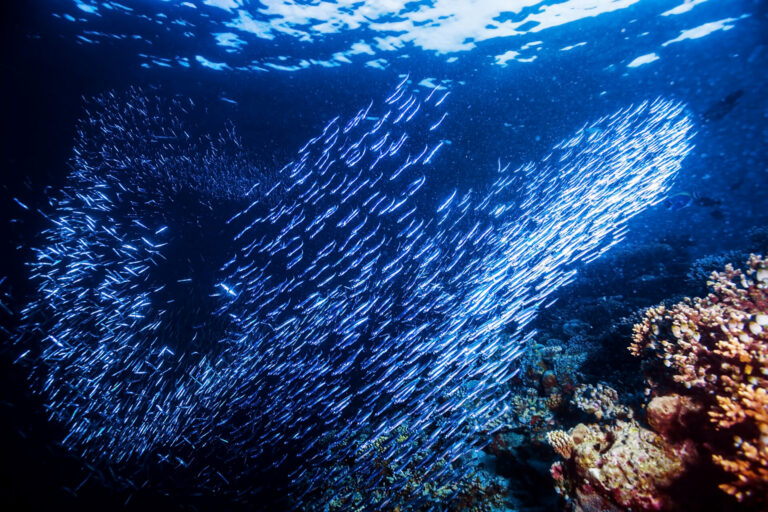
Marine Science
Potential gains from replenishing reef fish stocks revealed
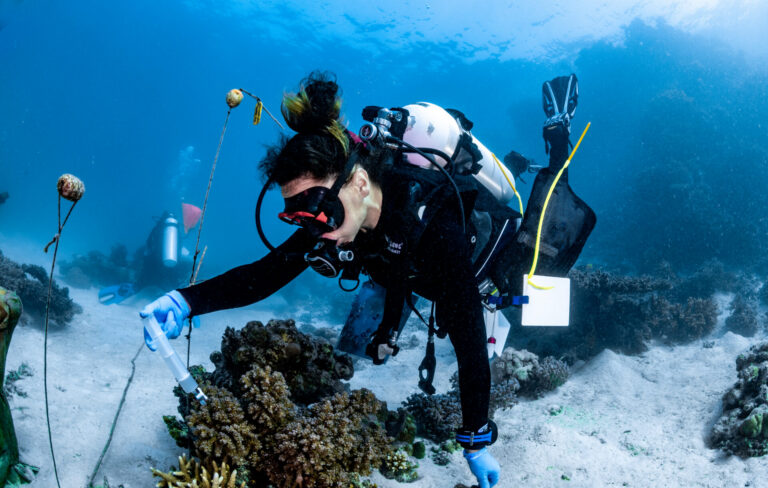
Marine Science
A place to trial hope for global reef restoration
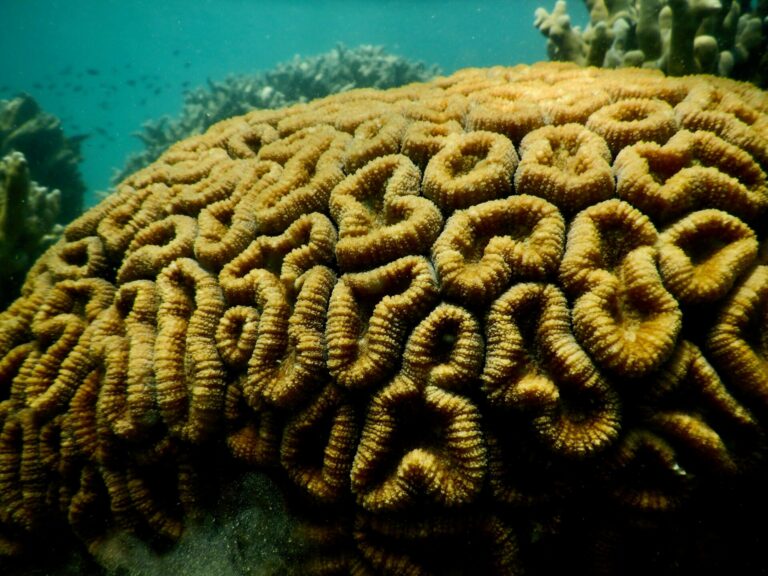
Marine Science
Reef-building coral shows signs of enhanced heat tolerance
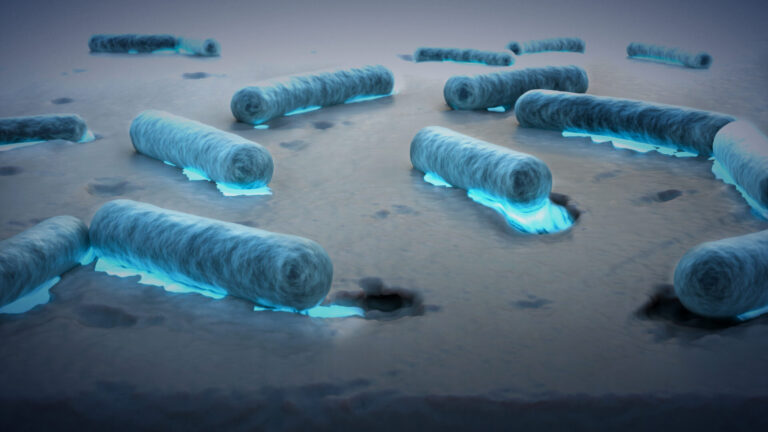
Marine Science
Plastic-munching bacteria found across the seven seas
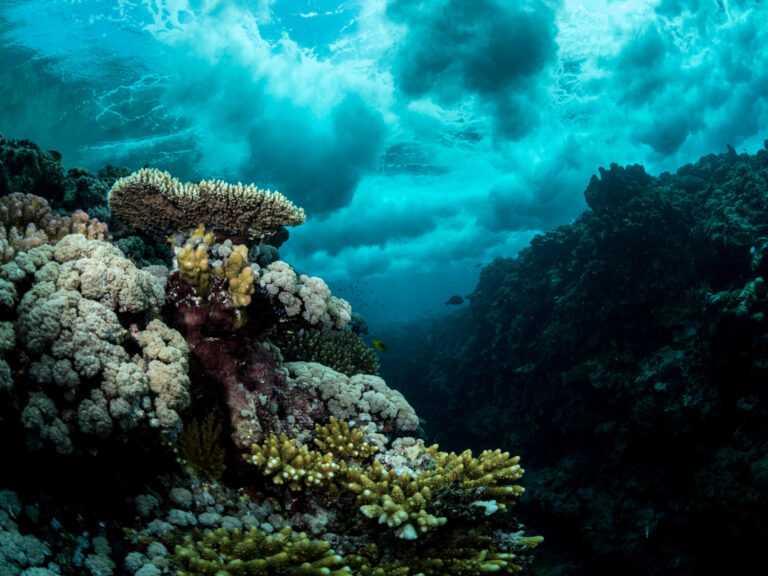
Marine Science
AI reveals the universal beauty of coral reef growth
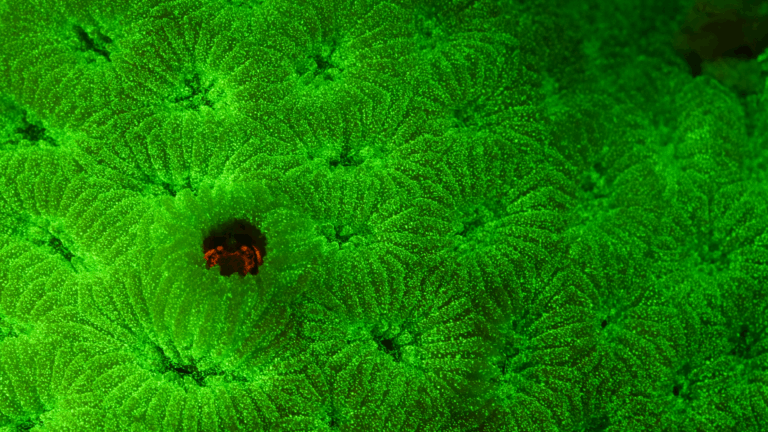
Marine Science
Tiny crabs glow to stay hidden
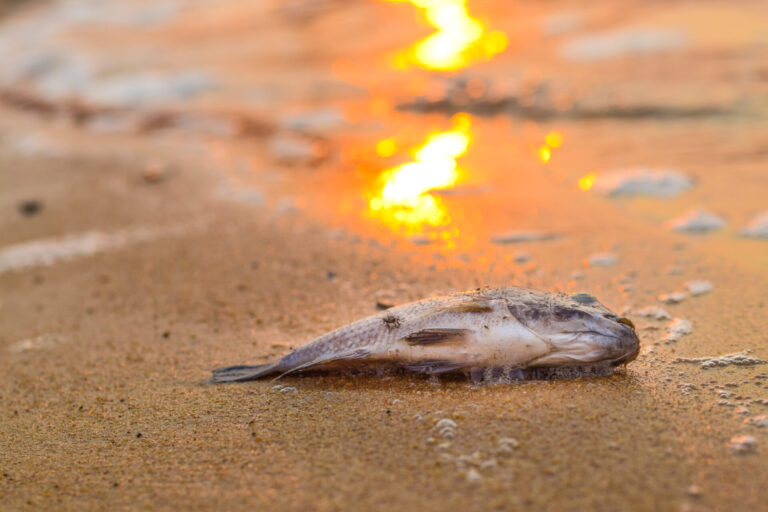
Marine Science
Mass fish deaths linked to extreme marine heatwave in Red Sea
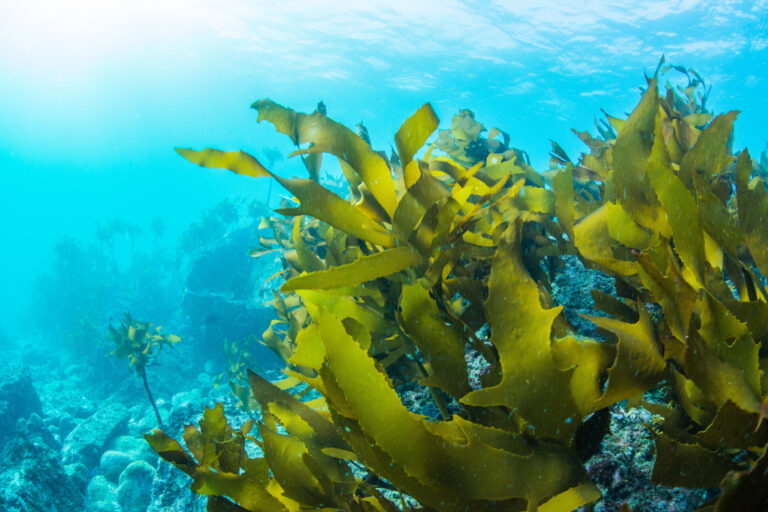
Marine Science
